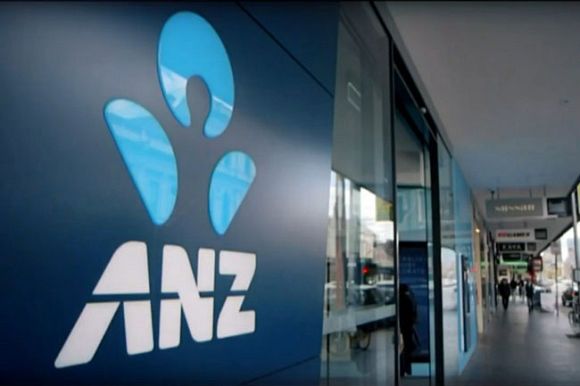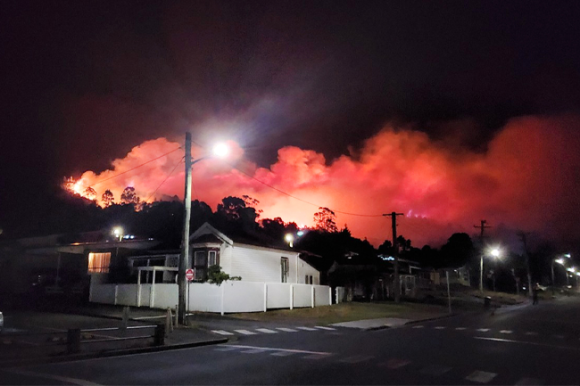ANZ and Qantas prove that when corporate greed trumps fairness and equality, democracy itself is at risk, writes Carl Rhodes.
THIS MONTH, the Australian Securities and Investments Commission (ASIC) sought a record-breaking $240 million penalty from the ANZ Bank, the largest ever pursued by the regulator.
The reason? ANZ committed a litany of money-hungry wrongdoing. The list is staggering. It includes false reporting, lying to customers about interest rates, and charging fees to the deceased.
This was no rogue incident. The misconduct spanned years, divisions, and many layers of leadership. ASIC Chair Joe Longo did not mince words. ANZ had “betrayed the trust of Australians.”
The penalty was not ANZ’s only milestone in 2025. In May, the bank proudly announced record half-yearly revenues, with profits up 16% to $3,642 million. Outgoing CEO Shaye Elliot heralded it as “a great way to finish”.
Great for whom, one might ask.
Avarice and aggression
ANZ is not alone. Another corporate giant, Qantas, has followed a similar trajectory with record penalties coupled with record financial results.
Last month, the airline was fined $90 million for being in breach of the Fair Work Act when they unlawfully terminated the employment of more than 1,800 ground staff in 2020. It was the largest ever civil penalty for such a violation.
Federal Court Justice Michael Lee described Qantas’s approach to industrial relations as “aggressive”, also commenting:
“…the predominant motivation of unlawful commercial activity is avarice; that is, a greed directed to making or saving money.”
Just one week after they had been fined by the Federal Court, Qantas announced $1.6 billion in profits, up 28% on the previous year. Another record soon tumbled as Qantas’s share price soon hit a new all-time high.
That one major company could achieve this kind of record-breaking could be put down to chance. That it happened to two suggests a pattern.
The vile maxim
The ANZ and Qantas cases open questions about the extent to which Australian corporate culture has become saturated with, to borrow from Justice Lee, avarice: greed coupled with a wanton disregard for justice and the well-being of others. Sometimes this rapaciousness leads to illegal or unethical behaviour. Other times, it results in blatant profiteering within the letter of the law.
Either way, the prevailing idea is that business can and should extract maximum financial value from customers and the public more broadly, regardless of the consequences to others.
But is this really the capitalism Australia wants?
These cases are a canary in the coalmine, warning of an Australian version of what Financial Times columnist Martin Wolf calls the “crisis of democratic capitalism.” When corporations exercise power – lawfully and not – to capture an outsized share of national prosperity, democracy itself is at risk.
In a democracy, the people are the ultimate authority, and while businesses have responsibilities to owners and investors, the economy of which they are a part should serve the whole of society. The crisis emerges when this order is reversed, and business interests dominate.
As Adam Smith, the so-called father of capitalism, warned:
“All for ourselves, and nothing for other people, seems, in every age of the world, to have been the vile maxim of the masters of mankind.”
In a true democracy, commercial activity should be managed and regulated to promote fair distribution, social cohesion and shared prosperity, not to follow this vile and selfish maxim.
The price of inequality
The crisis of democratic capitalism is not abstract. It manifests in rising economic inequality, increased economic insecurity, and a shrinking middle class. This malaise is a central part of the conditions that fuel anti-democratic authoritarian populism. We’ve seen it in the United States and Europe. Australia is not immune.
Once, inequality conjured images of poverty and destitution. Those problems are still very real, but recent decades have seen inequality in Australia creeping up the social ladder, as an ever increasing share of the nation’s wealth is sequestered by fewer and fewer people at the top.
In today’s Australia, inequality is a middle-class problem. The dream of home ownership is no longer real for more and more young people, even when they are well educated and employed in good jobs. That same demographic is now even questioning whether they can afford to have children.
In what has been called the “disappearing middle“, the share of wealth once enjoyed by the middle classes is being eroded relative to richer households, while the gap between the middle and poorest households narrows.
If we are to avoid the fate of other democracies grappling with inequality and rising populism, we must demand more from business leaders, politicians, regulators, and ourselves. Record revenues and share prices coupled with record fines are not signs of a healthy economy — they are a warning.
The real test for Australian capitalism is whether it can deliver widely shared prosperity, rebuild trust and renew the promise of a fair go for all.
Carl Rhodes is Professor of Business and Society at the University of Technology, Sydney. He has written several books on the relationship between liberal democracy and contemporary capitalism. You can follow him on X/Twitter @ProfCarlRhodes.
Support independent journalism Subscribe to IA.
Related Articles





